From Generation to Generation
The following was written for the November edition of 50Plus, a free magazine distributed at Portland area grocery stores, community centers, hospitals, etc. The article is intended to inspire others to preserve their own family story.
Every family has a story. I guarantee it. Five years ago, as I passed my 70th birthday, I realized that my time on earth is racing by. If I wanted to preserve my family history, I had better get to work. The result of my adventure is a published book entitled In the Wake of Madness: My Family’s Escape from the Nazis – a blend of anecdotes, history and memoir. What began a way to ensure my grandchildren knew from whence they came eventually took on greater meaning.
Fortunately, I had interviewed my mom back in 1995 when she was 88 and I exactly half her age. Since my parents rarely talked of the past when I was a child, I was astonished when my mom’s memories came tumbling out. My scribbled notes gathered dust for decades until, in 2019, I decided to revisit them and corroborate the personal stories with documented historical detail. Thanks to the Internet, secrets once held only in the depths of libraries were now available at my fingertips. I had many unanswered questions: Why was my mother held in a Belgian jail? How did they get a passport from the Dominican Republic? How did my grandmother escape from Berlin through China to Chile? What I found was eye-opening. But what makes this story so authentic was my own unexpected discovery: a cardboard box brimming with letters and documents from the tumultuous years of 1938-1950. What a miracle they had been saved! And, frankly, what a miracle I had never thrown them out!
I sorted the items chronologically and placed each in an archival sleeve. Trivia abounded; amidst the letters and government papers were hotel receipts and restaurant bills, car repair estimates and bank statements. At first they seemed useless. But eventually, the combined documents allowed me to recreate a detailed timeline and road map of my family’s escape from Frankfurt to Brussels through France and Spain, to Lisbon, England, Chile, Palestine and New York.
Of course, most of the letters were written in German, the language my parents never taught me. Luckily, I found two women, both here in my hometown of Portland, Oregon, who volunteered to painstakingly translate the typewritten letters. But my grandparents learned to write before the beginning of the 20th century in a style called Kurrentschrift, a handwriting as foreign to contemporary Germans as Middle English is to us. Miraculously, I connected with an octogenarian near Frankfurt who was able to decipher what looked like gobbledygook to me. Those letters revealed a poignant piece of family history long hidden, and let me hear the voices of grandparents I never met.
My family’s riveting story held lessons about immigration and the dangers of hate, fascism, and propaganda. Your family story may not be as dramatic, but it is still steeped in history in one way or another and full of personal challenges and triumphs. If you’re lucky enough to have a living relative on this earth, take time to interview them, or, at least, write down bits of your own story to pass along. Make use of free genealogy websites and the National Archives. Take a look at census records and ship manifests. Explore newspaper articles of the time period. You might just find it all as fascinating and gratifying as I have.
The collage above depicts my parents in Brussels in 1932 when street photographers and photo booths were commonplace. Amongst the documents I found were several maps of Belgium (like the one shown left) that were likely used to aid in their escape. You can see the article in context of the magazine at this link.

